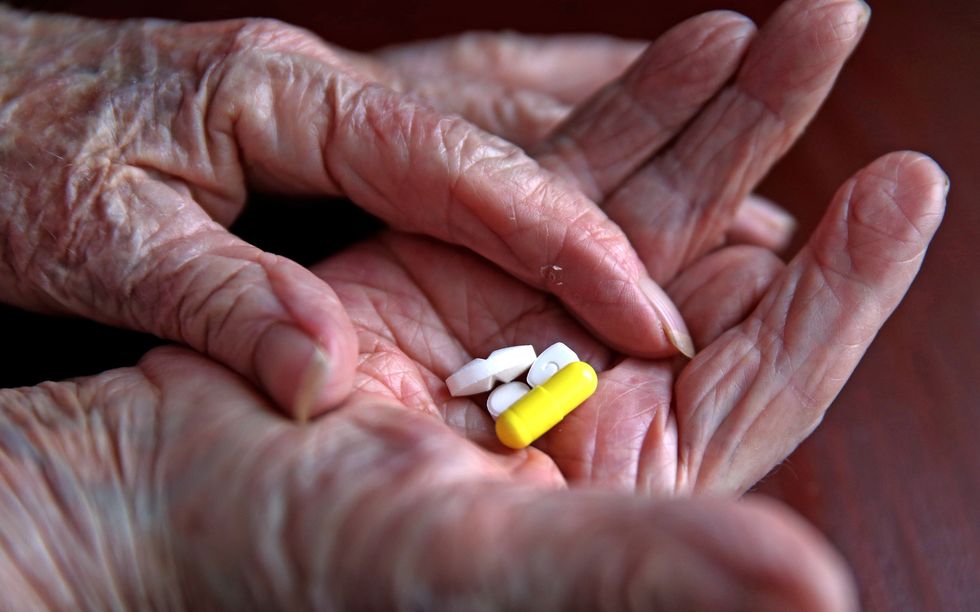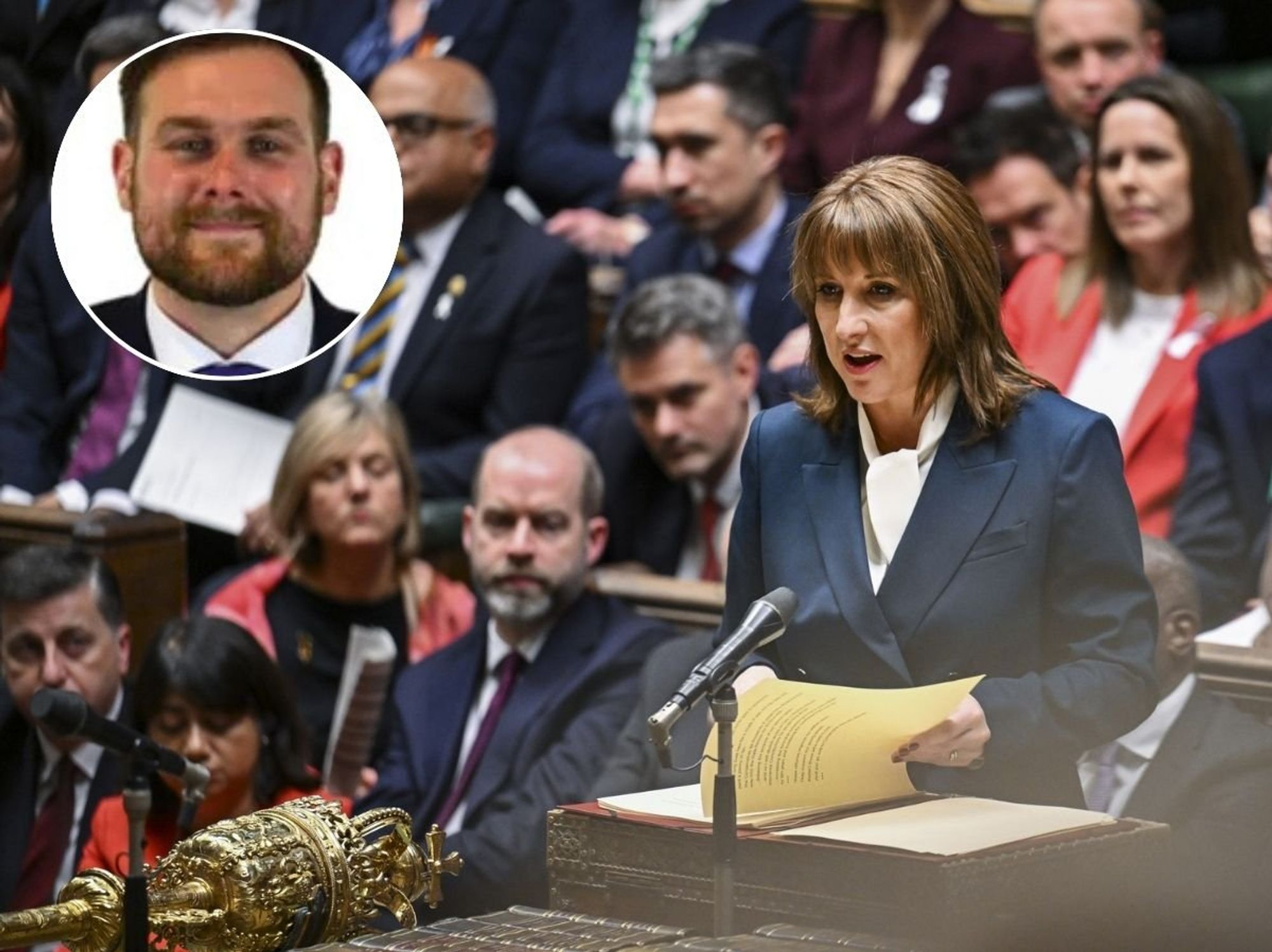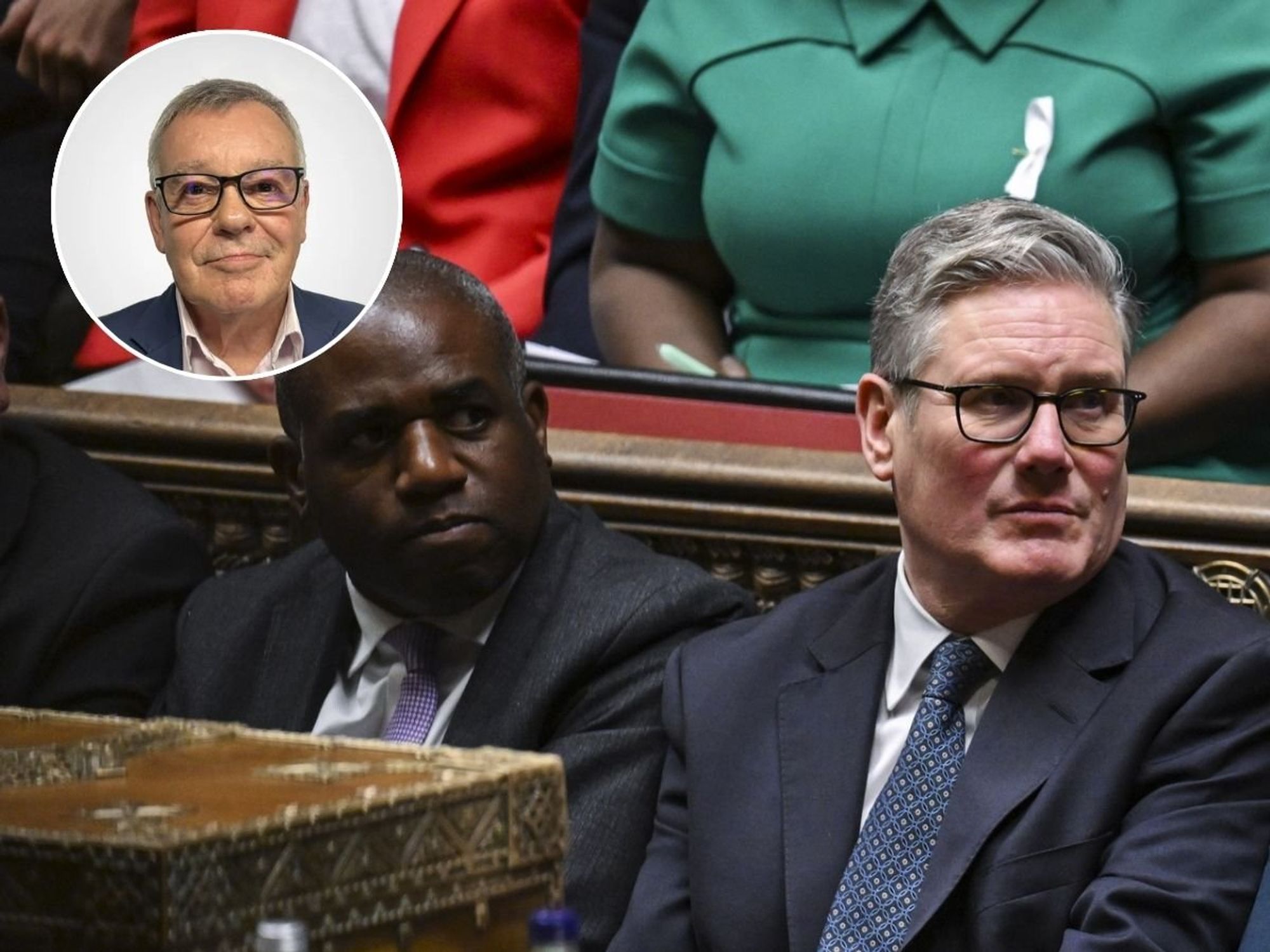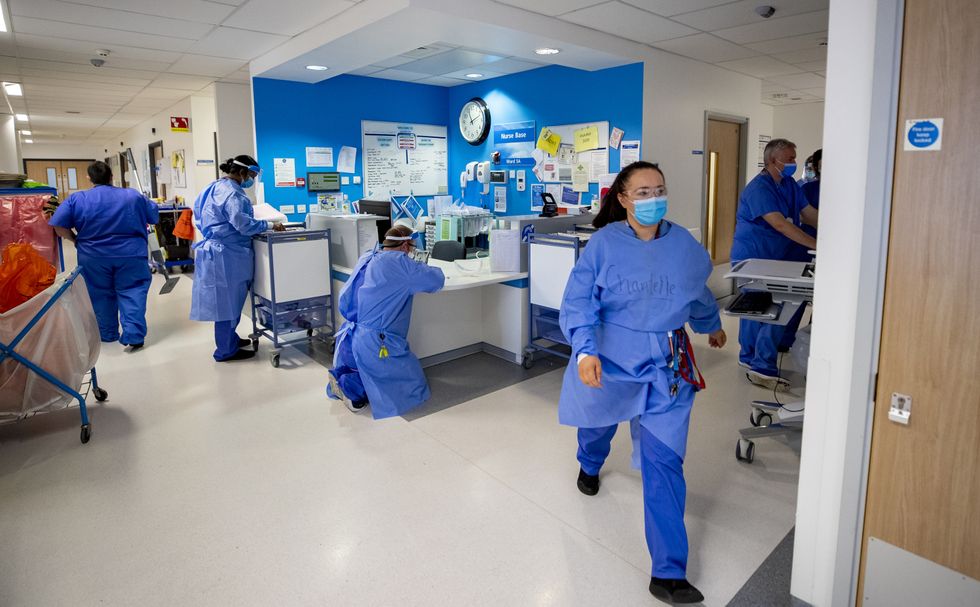Raising age for free prescriptions a ‘thoughtless false economy’ says charities

A pensioner with her daily prescription drugs. | Peter Byrne
The Prescription Charges Coalition warned short-term gains from making people pay for prescriptions for longer will cost the health service more in the long run
Don't Miss
Most Read
Proposals to increase the age that people become entitled to free prescriptions has been branded a “thoughtless” false economy by a coalition of charities.
The Prescription Charges Coalition warned that short-term gains from making people pay for prescriptions for longer will actually cost the NHS more money in the longer term.
Proposals to increase the age that people become entitled to free prescriptions has been branded a "thoughtless" false economy by a coalition of charities.
Peter Byrne
It comes as ministers consider proposals to rise the age at which people are entitled to free prescriptions.
At present, people aged 60 and over can get their prescriptions for free on the NHS in England.
But officials are consulting on whether or not this should be increased to be aligned with the state pension age, at the moment this is age 66 with more rises projected for the future.
The consultation, which closes on September 2, states that people aged 60 to 65 can remain in work and be “economically active and more able to meet the cost of their prescriptions”.
But the Coalition, an alliance of more than 20 organisations representing a number of patient groups, said that the price hike was a “false economy”.
It added that the proposals could disproportionately affect those with degenerative health conditions, multiple health conditions, those from diverse communities with lower life expectancies and those living in areas where average pay is lower than other regions.
And Parkinson’s UK, which is part of the coalition, said that the proportion of patients with the degenerative condition would rise from 14% to 25% under the proposed changes.
Raising the prescription exemption age to 66, rather than keeping it at 60, will cost the NHS an additional £8.5 million from avoidable hospital admissions from Parkinson’s patients alone, it said.
Charities say the proposed changes will cost the NHS more in the future.
Peter Byrne
One patient said that living with Parkinson’s has already led to her cutting her work hours and paying for prescriptions for longer would be “tough”.
Denise Price had to reduce her working hours from 37.5 to only 15 per week due to her Parkinson’s symptoms, including extreme fatigue.
The 59-year-old farm business administrator from Norfolk, said: “I always thought I would work until I was 67, because I would be able to, however as my Parkinson’s advances I worry about whether I physically will be able to.
“My employer is really understanding, allowing flexibility to start later in the mornings until my medication has kicked in, but I have already had to reduce my hours by 60% and I’m noticing the impact of this reduced earning capacity on our household.
“I have to pay for my prescriptions and this is eating into the diminishing amount I can contribute towards the household bills.
“If they were to increase the age at which I become exempt it would be really tough because we haven’t allowed for more years of these additional charges which we may still have to pay.
“It feels like the Government is once again penalising those living with a long-term condition, that anyone could get and for which currently there is no cure.”
A Department of Health and Social Care spokesperson said: “The age people get free prescriptions in England has not changed since 1974 for women and 1995 for men, so we are consulting on aligning the upper age exemption from prescription charges with the state pension age.
“We continue to protect the most vulnerable and support is available for those on a low income and those on certain benefits. Almost 90% of prescription items dispensed in the community in England in 2019 were free of charge, and there are other exemptions in place for certain medical conditions and expectant or new mothers.”












